Managing for Results
14. Results-Focused Contracting
Does the state use results-focused contracting?
Washington
Leading Example
In order to improve outcomes and eliminate disparities, the Washington State Department of Children, Youth, and Families (DCYF) is shifting its entire contracted client services portfolio to performance-based contracts, a key priority in the agency’s 2021–2026 Racial Equity and Strategic Plan. The project intentionally focuses on deepening stakeholder engagement, using Performance-Based Contracting as a tool to identify and address disproportionality and outcome disparities, and facilitating continuous improvement through data and research. DCYF has successfully initiated the shift in over 70% of its portfolio, which includes over 1,000 contracts that invest approximately $1 billion each biennium in services to children, youth, and families.
Statewide, the Department of Enterprise Services has provided a series of enterprise contracts and procurement trainings that include performance-based contract practices. This is required training for all employees who manage, monitor, or serve as subject matter experts on contracts. As of May 2021, more than 30,000 state employees have taken the full five modules of this training.
Annually, the Office of Minority and Women’s Business Enterprises (OMWBE) collects inclusion plans from State agencies, which specify steps agencies plan to take to make contracts and procurements accessible to minority- and women-owned small businesses. OMWBE encourages agencies to eliminate barriers by planning and forecasting their needs early so they can lengthen solicitation timelines, use inclusive practices such as unbundling contracts, and reviewing and updating experience, bonding, and insurance requirements.
Since 2015, the Governor’s Subcabinet on Business Diversity has been working to increase small, minority, women’s, and veteran business participation in State contracting and procurement. This effort is supported by the 2019 Washington State Disparity Study. Agencies forming the Subcabinet, led by OMWBE, have implemented recommendations from the disparity study in joint collaboration to lead agencies on the path toward equity. Tools for Equity in Public Spending and the Business Diversity Management System will provide tools that support the economic vitality of Washington State by ensuring all businesses have competitive access to public bidding opportunities in a variety of different industries. Implementing these tools is critical to the state’s efforts to eliminate discrimination and help all sectors of the state economy thrive. Additional tools will be added periodically to ensure contract specialists have access to up-to-date, comprehensive information to guide their inclusive spending efforts.
Issue Areas: Child Welfare, Economic Mobility, Equity
Promising Examples

Arizona
Arizona
In 2019, the Arizona Department of Child Safety (DCS) partnered with the Harvard Kennedy School Government Performance Lab to improve the quality of in-home preservation services. At the time, nearly one in five families receiving supportive in-home preservation services were re-reported for maltreatment, resulting in the removal of a child from that home. Through active contract management, implementation of uniform performance measures for providers, and establishment of a unit to oversee child and family service contracts, DCS was able to reduce the number of families re-reported by 40% and the number of child removals by 50%.
Issue Areas: Child Welfare

Florida
Florida
The Florida Department of Children and Families partnered with the Harvard Kennedy School Government Performance Lab to improve child welfare and behavioral health service delivery in Florida’s Suncoast region, which has four million children receiving child protection services. The department adopted active contract management practices to enhance coordination among providers and allowed contracted providers to track client-level data for a prioritized set of six performance metrics. These innovations led to better service delivery, including increasing the share of clients completing a timely needs assessment by 28% and doubling the share of caretakers beginning substance use treatment within 30 days of referral.
Issue Areas: Child Welfare, Health

Illinois
Illinois
The Illinois Department of Juvenile Justice and Department of Children and Family Services streamlined the support process and expanded clinical and social services for youth who are dually involved in the child welfare and criminal justice systems. The project used a performance-based contract, active contract management, and other tools to focus on streamlining case management, improving coordination between the foster care and juvenile justice systems, and augmenting services by using evidence-based interventions. Early results include reducing the reporting time for the state to share juvenile justice occurrences with child welfare agencies from 90 days to fewer than three days.
Issue Areas: Criminal Justice

Massachusetts
Massachusetts
The Social Innovation Financing Trust Fund within the Executive Office for Administration and Finance manages the state’s Pay for Success project portfolios. It also leads initiatives with data-informed decision-making tools, leveraging expertise in economic impact evaluation, performance measurement, and data analysis to advise on funding priorities that deliver a high return on investment of public funds.
Issue Areas: Economic Mobility

New York
New York
New York State’s Office of Temporary and Disability Assistance issues outcomes-based contracts for workforce training providers in its Supplemental Nutrition Assistance Program Employment and Training Venture Program. The most recent grants, which funded providers through 2021, linked payments (p. 17) to milestones including educational gains, program completion, job entry, and job retention.
Issue Areas: Education, Workforce

Pennsylvania
Pennsylvania
The Keystone STARS is Pennsylvania’s Quality Rating Improvement System at the Office of Child Development and Early Learning that aims to improve the quality of early childhood education programs through a performance standards framework leveraged in state contracts to providers. Early learning programs can earn a quality rating score from a STAR 1 to a STAR 4 based on meeting quality standards. Providers who participate have access to customized supports, grants, awards, and other financial assistance such as increased subsidized child care payments based on quality level. Eligibility criteria for child care providers to participate in other state-funded initiatives hinges on the STAR 3 or 4 designation; for example, PreK Counts funding is only available to STAR 3 or 4 child care providers, as noted in state regulations and program guidance. The William Penn Foundation supported an investigation with Institutes of Higher Education that support this decision. An Inquiry into PA Keystone STARS: Summary Report, found 4-year-old children in STAR 3 and 4 centers performed significantly higher on the WSS total score than those in STAR 1 and STAR 2 centers. Further, equitable support to achieve high quality and increased funding eligibility, providers have access to Quality Coaches who offer technical assistance and support to help child care providers increase their Star Rating. Coaches help conduct internal assessments using evidence-based observation instruments and provide guidance in developing a quality improvement plan.
Issue Areas: Economic Mobility, Education

Rhode Island
Rhode Island
Since 2015, Rhode Island’s Department of Children, Youth, and Families has worked to reform and restructure the Department’s procurement process. As part of this initiative, the Department has required providers to meet outcome goals rather than output metrics across 116 results-driven contracts amounting to $90 million. As a result, the department has reduced the number of children in group care by more than 26% since 2015, expanded foster care resources for the most challenging adolescents by 55%, and doubled the capacity of high-quality family visitation and reunification services.
Also in 2015, the Department of Labor and Training launched Real Jobs Rhode Island, an innovative $14 million workforce program that used performance-based metrics and active contract management. As a result, the State reconfigured the way it manages and evaluates its job training programs to capture meaningful, long-term employment outcomes. It also created a Strategic Coaching Procurement Playbook, which includes specific strategies and sample language for using active contract management to achieve better results.
Rhode Island Works, administered by the Department of Human Services, also used performance payments and active contract management to improve its job search services, which ranked at the bottom nationally on the federal measure of work participation rate in 2015. To improve the program, the department partnered with the Harvard Kennedy School Government Performance Lab to incorporate performance-based payments for self-sufficiency outcomes and deploy active contract management. As a result, the federal participation rate improved by one-third within the first six months after these reforms were launched.
Issue Areas: Child Welfare, Workforce

South Carolina
South Carolina
A 2021 state law established a trust fund in the State Treasury for the purpose of making Pay for Success contracts. Each agency entering into a Pay for Success contract must provide funding into the trust to cover 100% of the potential success payment. Upon written authorization by the state agency head whose state agency has entered a Pay for Success contract, the state treasurer will make payments from the trust fund.
From 2016-2020, South Carolina carried out a Pay for Success project to expand home visiting services to 4,000 additional low-income mothers and their children. South Carolina’s Department of Health and Human Services (SCDHHS) used the contract to deliver preventive services to first-time mothers in the state’s Medicaid program with the goal of improving the health outcomes of mothers and their babies. As part of the project agreement, South Carolina will make up to $7.5 million in success payments to sustain Nurse-Family Partnership’s services only if independent evaluators find positive results. In order to incentivize implementing agencies to enroll low-income mothers who may have more risk factors, project partners made enrollment from low-income zip codes a payable outcome. Additional payable outcomes for the project include reductions in child injury rates, preterm births, and rapid repeat pregnancies. In 2021, short-term and long-term outcomes were still being studied and evaluated.
Issue Areas: Child Welfare, Health

Tennessee
Tennessee
In 2016, the Tennessee Department of Children’s Services introduced a performance-based contracting model that includes performance bands. Provider agencies are placed into one of three bands: high performance, mid-range (or average) performance, or lower performance. Providers are then paid based on their performance on specific metrics, resulting in a performance pay system with standardized outcomes, daily rates for contracts, metric definitions, and a measurement methodology. As part of this initiative, the agency distributes monthly performance reports to providers.
Issue Areas: Child Welfare

Utah
Utah
The Utah Department of Human Services (DHS) revised its procurement policy in 2021 to require all contracts and agreements to include measurable outcomes, an explanation of how the outcomes will be measured, and an explanation of how the outcomes will be reported to DHS. Outcomes must be established following Results Based Accountability principles. As such, the department gathers a variety of performance data and frequently communicates with providers regarding outcomes.
